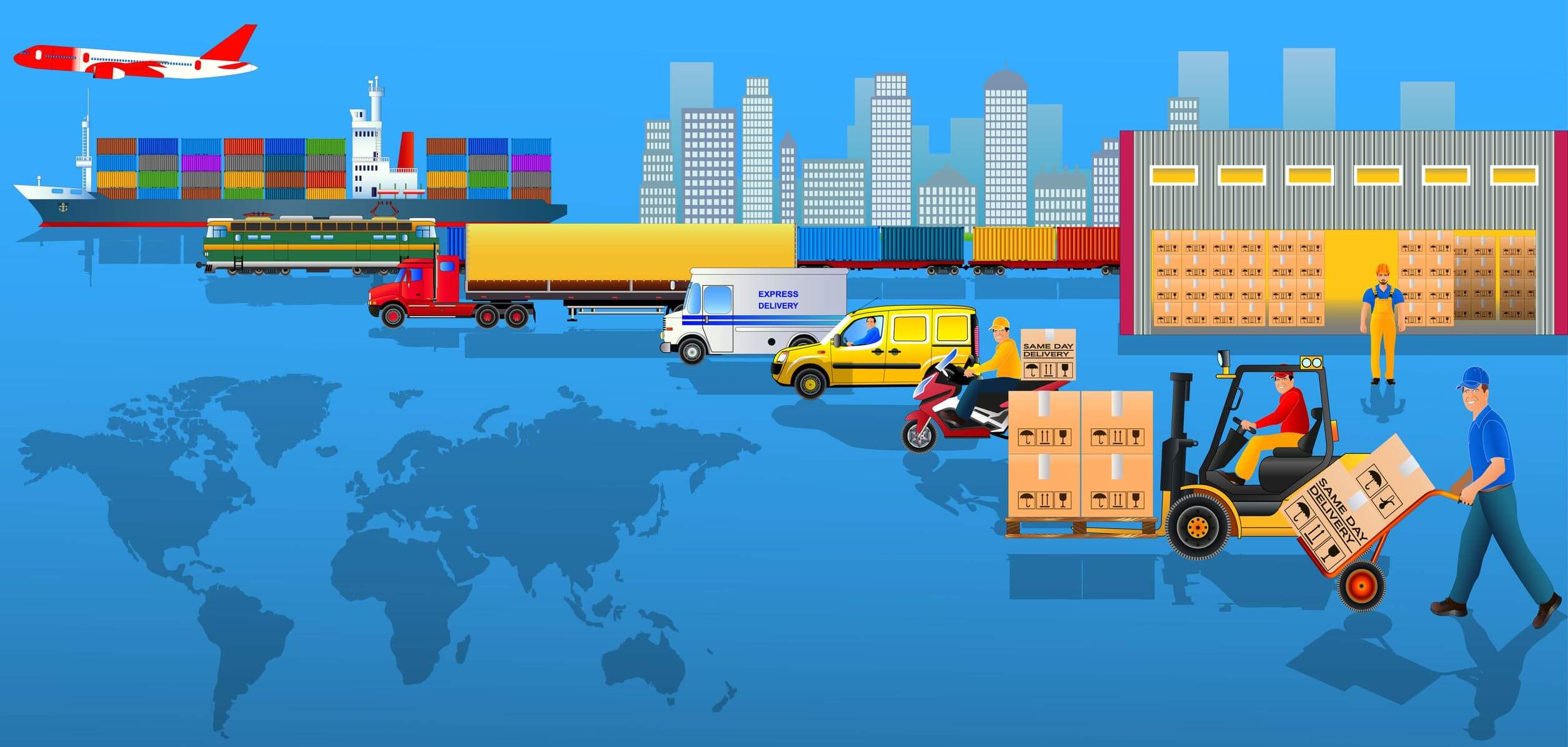How to Address Logistic Challenges: 4 Key Trends

Logistics is characterized by labor-intensive manual processes, big data, and unorganized storage. That’s why this part of the business can benefit from implementing modern automation software and innovative approaches to supply chain management.
In this article, we’ll look at the four main trends that drive the logistics industry and how transportation management systems can help you modernize your logistics processes and increase efficiency.
What Defines the Future of Logistics Today?
1. RFID
RFID is radio-frequency identification, which allows you to locate your goods in real time. With RFID, you can always identify the geo-location of your trucks and goods. In emergencies, for example, this information can help you react quickly and re-route your goods to avoid unnecessary delays.
2. Omnichannel Delivery
This approach used in Transportation Management System aims to provide a continuous and easy process of buying and returning goods from anywhere. At this point, there are several ways to achieve the goal:
- From warehouse to consumer and back.
- From supplier to consumer and back.
- From the store to the consumer and back.
- From the delivery point to the consumer and back.
Here we are talking about suppliers and their partners, who are responsible for the last delivery stage, and not about customers or buyers, as in the traditional approach.
3. Big Data
With rapid data collection, demand analysis, and forecasting, companies can quickly increase efficiency and reduce costs. For example, we can look at onboard sensors’ operation to measure speed, location, and downtime of transport units.
The data from this system helps maximize machine uptime and reduce downtime, calculate the best routes and even provide up-to-date preventive maintenance for these transport units.
Integrated Solutions for Organizing Logistics Processes
To ensure that supply chains work efficiently and reliably between suppliers and customers, logistics companies need a modern, integrated software solution that helps to manage all logistical business processes – from ordering and loading to delivery.
Transportation management systems help companies address all the challenges of modern logistics, ensuring the reliability and efficiency of supply chain management.
Transportation Management System Is the Key to Addressing Logistics Challenges
A transportation management system is a modern solution for precise planning and managing different types of cargo transportations (land, sea, air, container, and rail), providing transparency at each stage. With this solution, logistics companies can:
- Develop a vast transportation network.
- Reduce transportation costs.
- Efficiently use the company’s transport.
- Optimize freight routes.
- Easily choose contractors.
Integrating such a solution with an ERP like SAP S/4HANA and others allows your company to provide a continuous workflow and consistency across all processes, including warehouse keepers, stock control, etc.
Thus, modern logistics trends and market challenges define the industry’s future. Investing in technologies is now crucial for companies that strive to go ahead of their competitors.
In the logistics industry, ensuring a sustainable supply chain is vital to be ready for unexpected economic changes.









